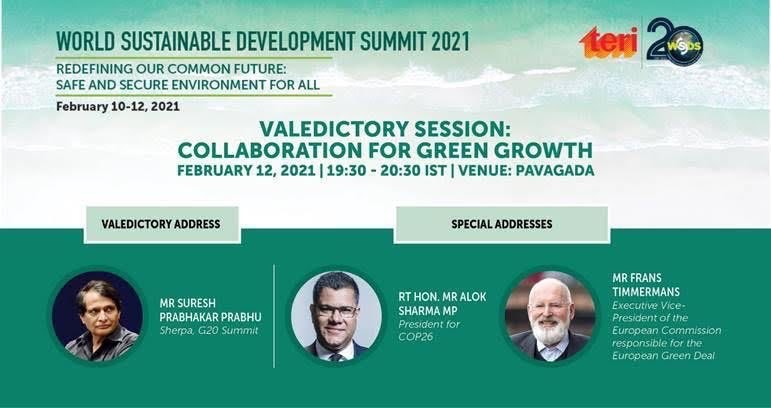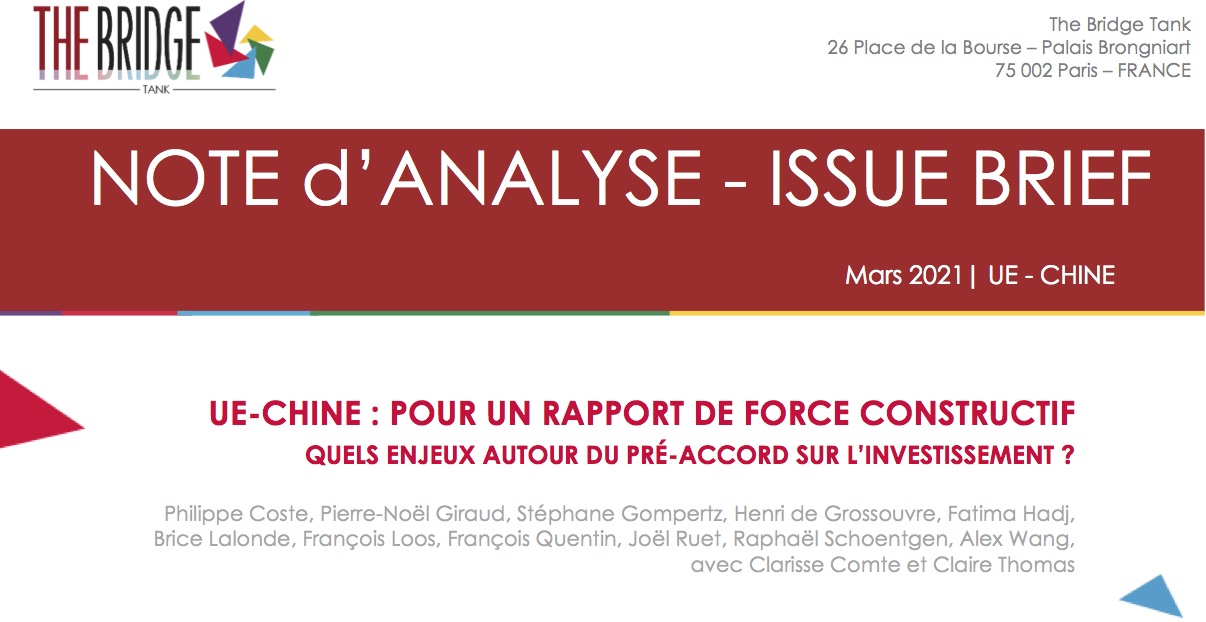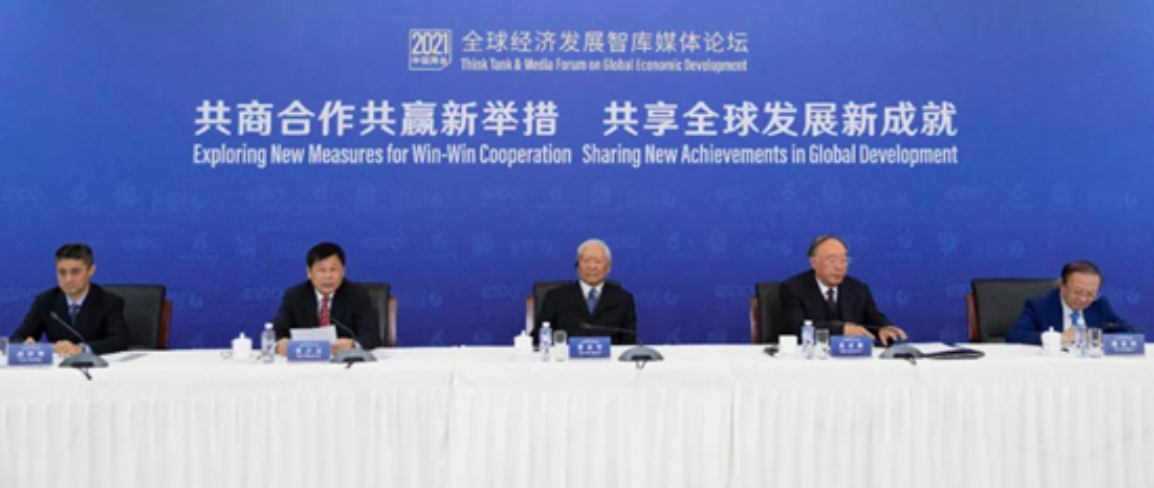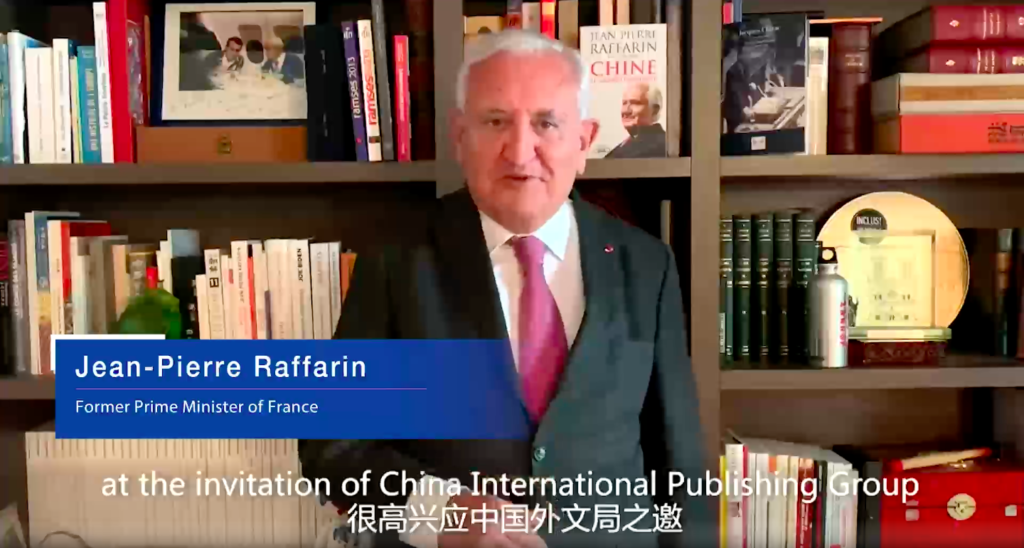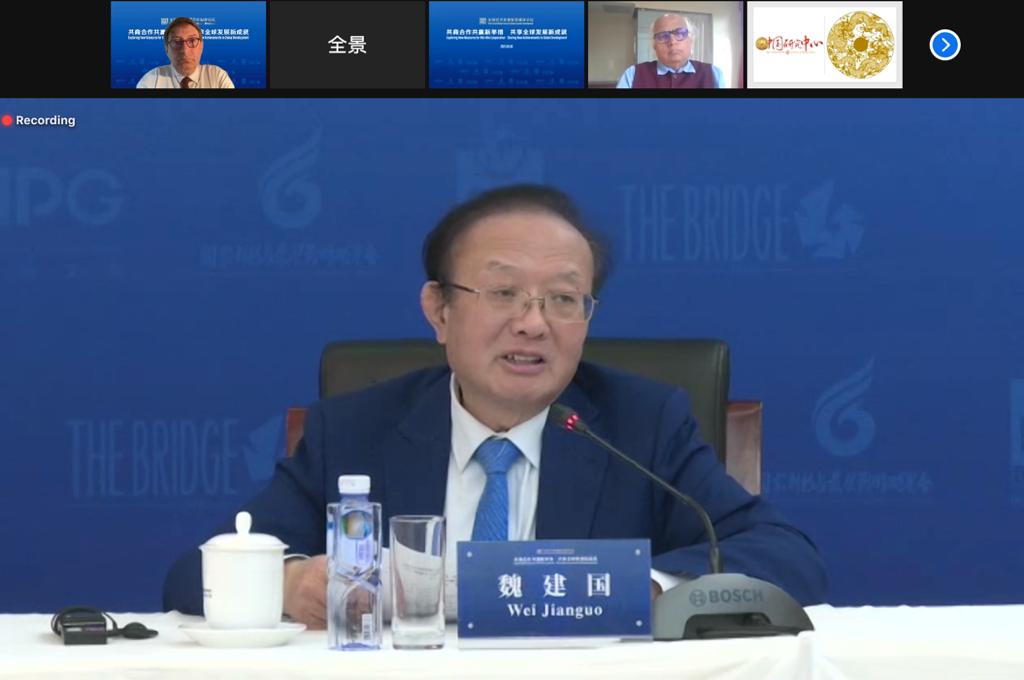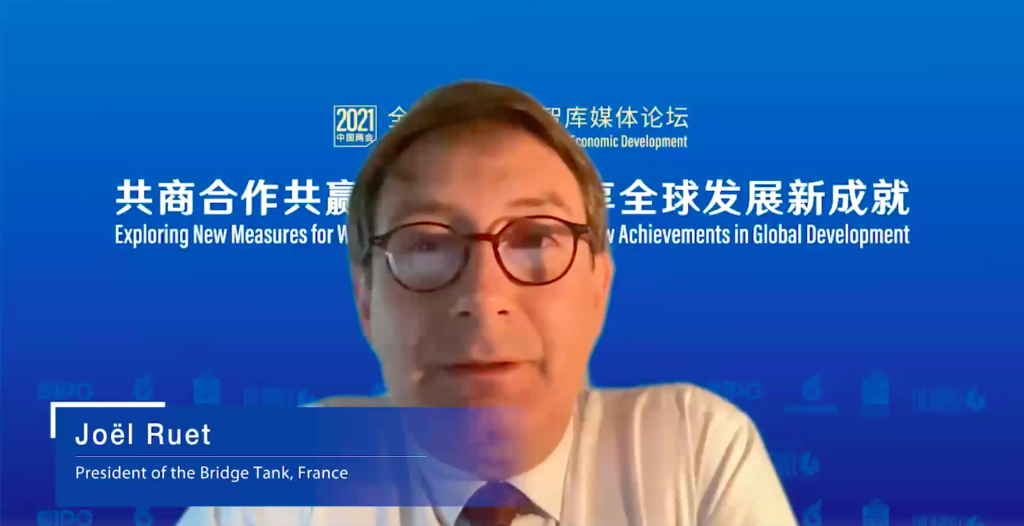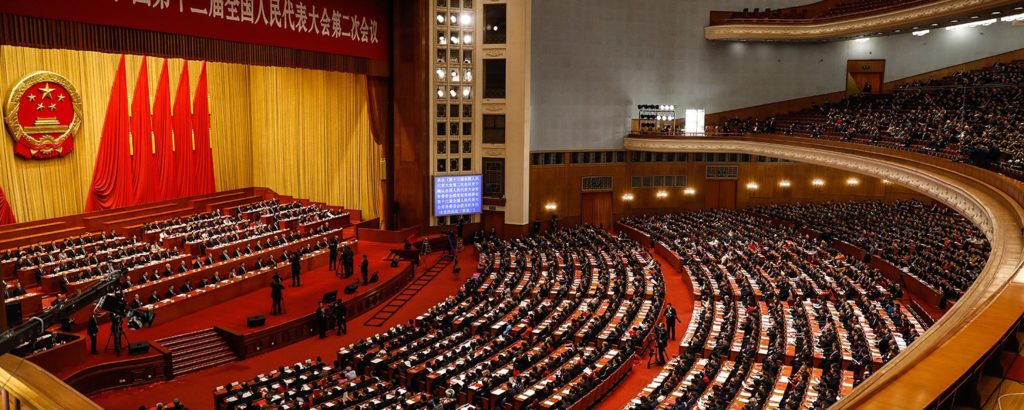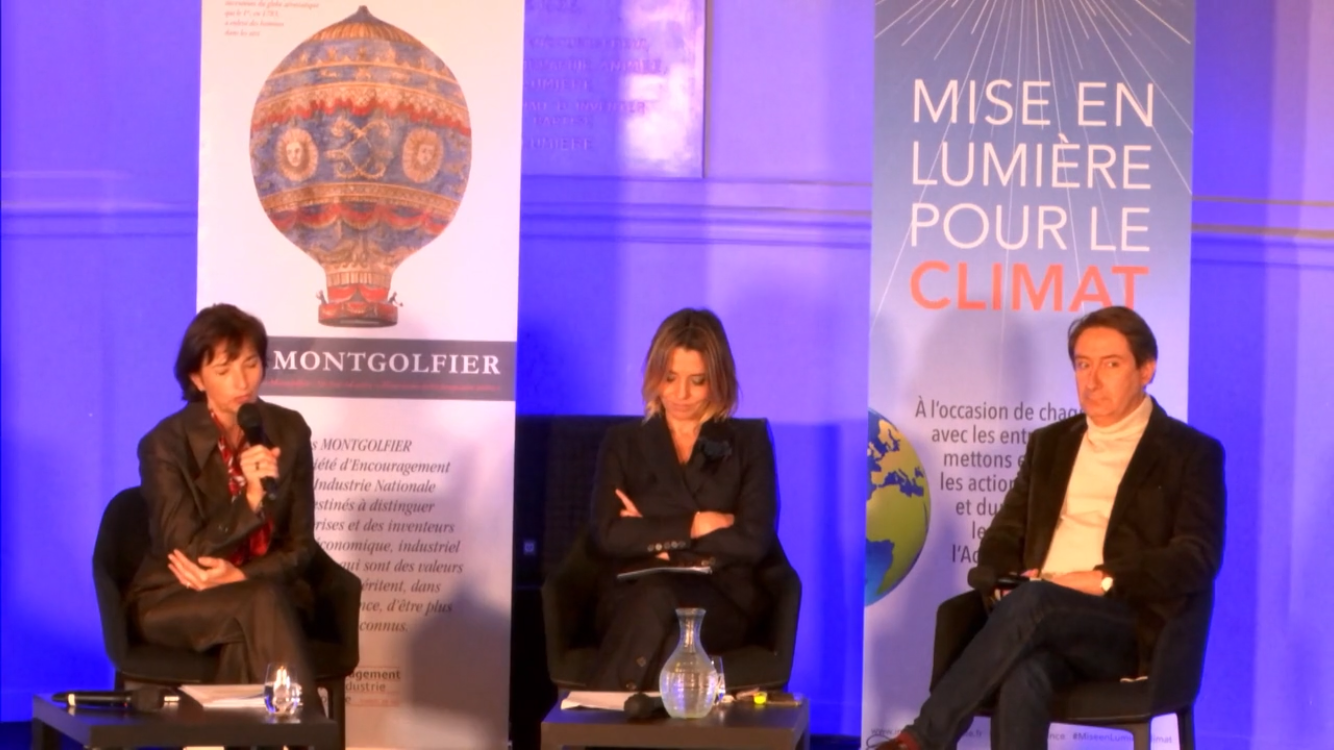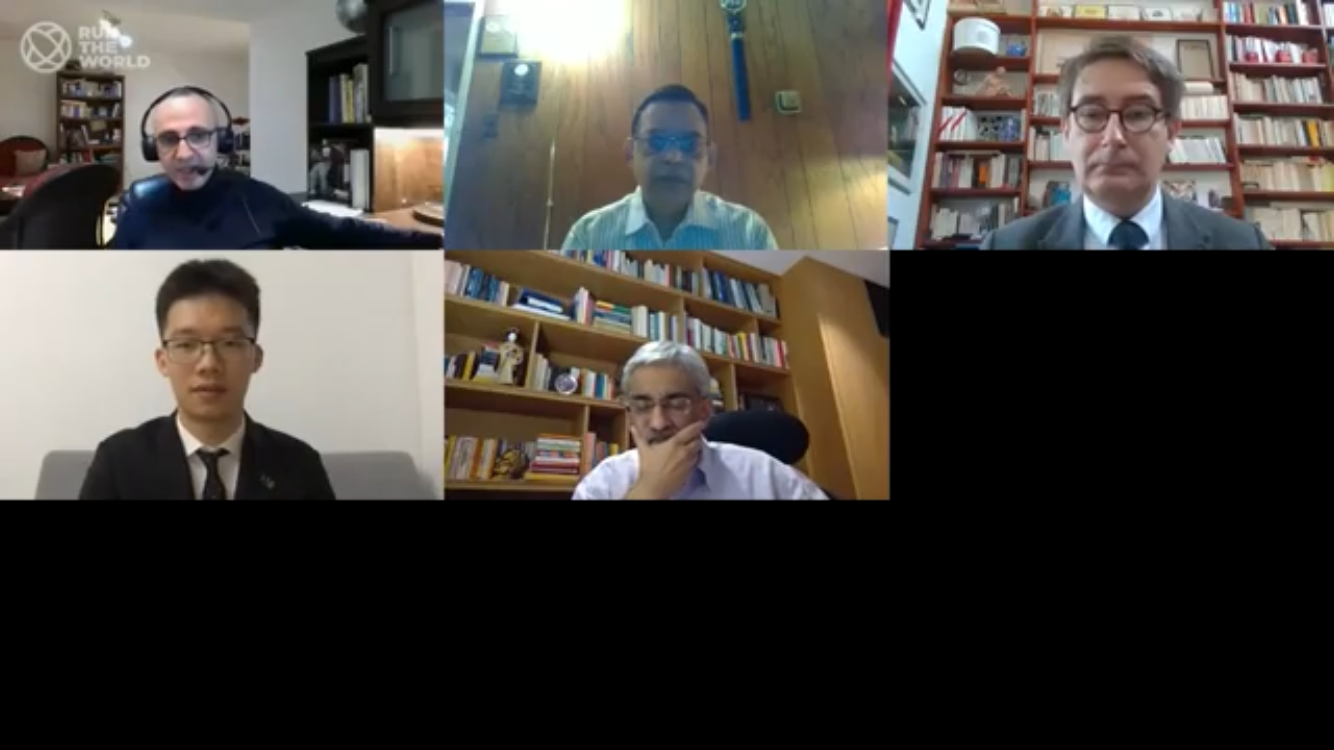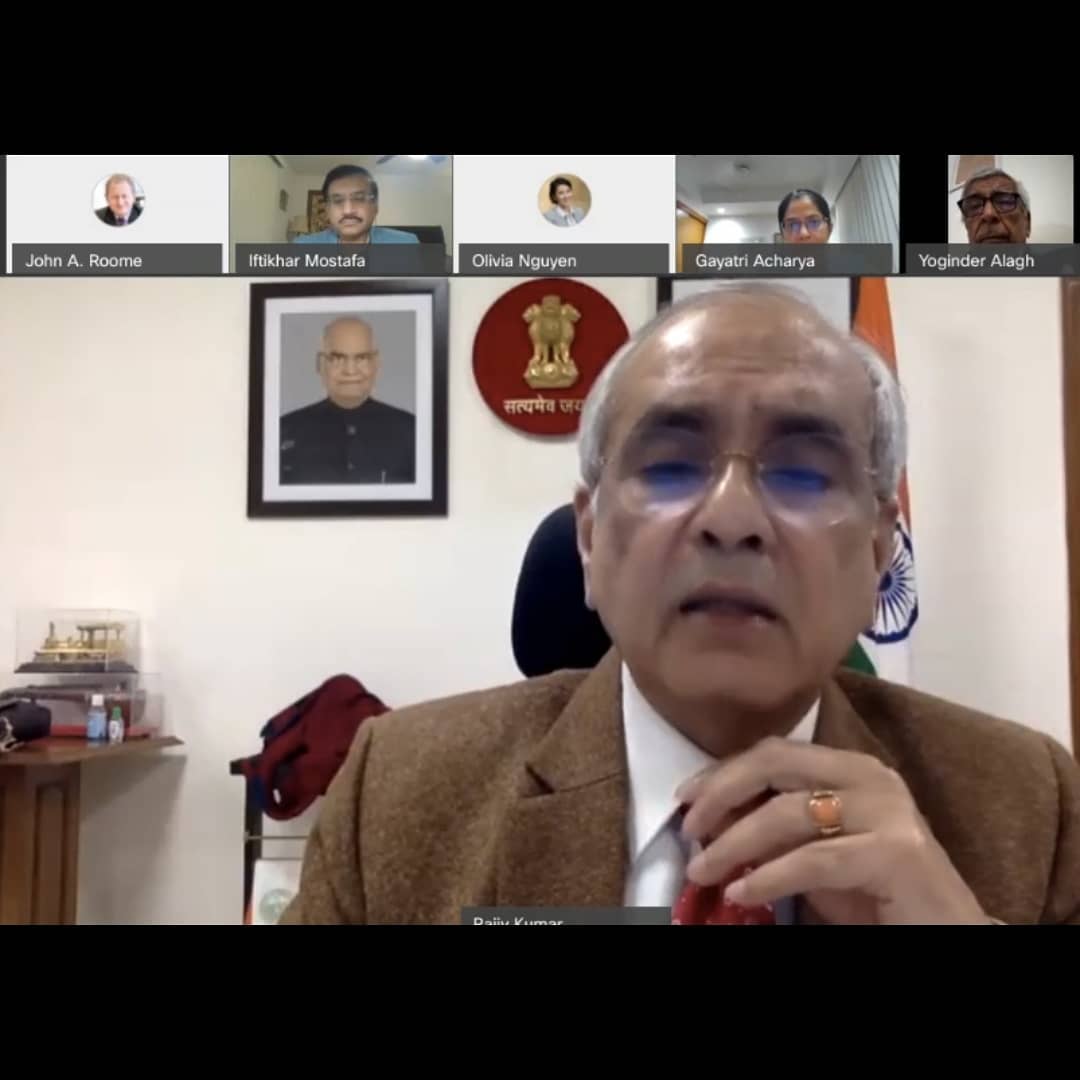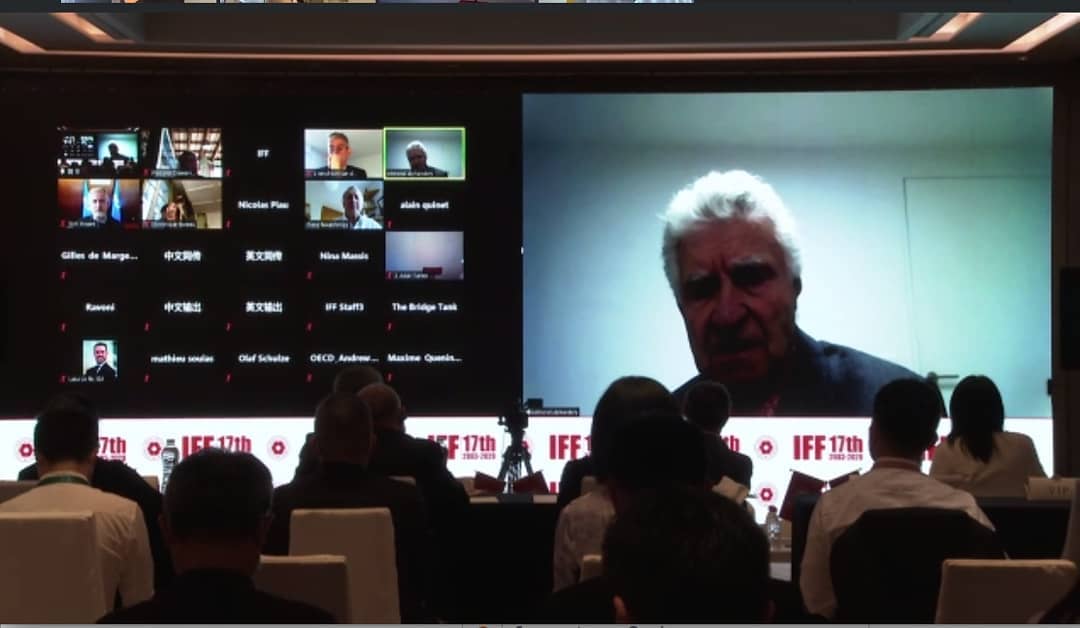The Bridge Tank participates the 2021 edition of the Summit of Minds

The 2021 edition of the Summit of Minds forum took place at Chamonix, from the 17 – 19th of September. This year, the Summit was focused on two main ideas: key macro issues and wellness and wellbeing, with a particular spotlight on natural capital (nature as a productive asset). In a context where the climate crisis is becoming a more and more central concern initiating many high-level discussions, the Summit of Minds gathered prominent political, economic, scientific, cultural, and business figures from all over the world, including the Armenian president Armen Sarkissian, to debate these key topics.

The Bridge Tank’s president, Joël Ruet, intervened on the panel: ‘Energy Transition (2) – How to Invest in it? dedicated to the current trend of transition towards net zero carbon emissions, its subsequent opportunities, and risks for businesses. Led by Nik Gowing, Managing Partner of Thinking the Unthinkable, UK, the discussion was structured around three essential questions:
- Where is the ‘smart’ money going?
- Is the current ESG excitement sustainable?
- What assets run the risk of becoming stranded?
During his intervention, Joël Ruet elaborated on the evolution fo classes of assets for energy transition finance, highlighting the diverse risk factors involved, from profitability dispersion to a lack of cohesion in some national transitions, going through unstabilised hydrogen ecosystems across the world. Joël Ruet also highlighted the importance of differentiating megatrends from mega-ambition, stating that there is no one-size-fits-all energy which could alone resolve current climate issues.
Other panelists included: Martin Fraenkel, Vice Chairman of S&P Global, UK, Eoin Murray, Head of Investments of Federated Hermes International, UK, Franklin Servan-Shreiber, Co-Founder & Chairman of Transmutex, Switzerland, with the special appearance of Mafalda Duarte, CEO of Climate Investment Funds, USA.

Our board member, Pranjal Sharma, was also present during the Summit. He intervened on two panels: ‘AI & Democracy – Do We Have Anything to Fear?’ and ‘Tech – How Far Will Innovation Go?’
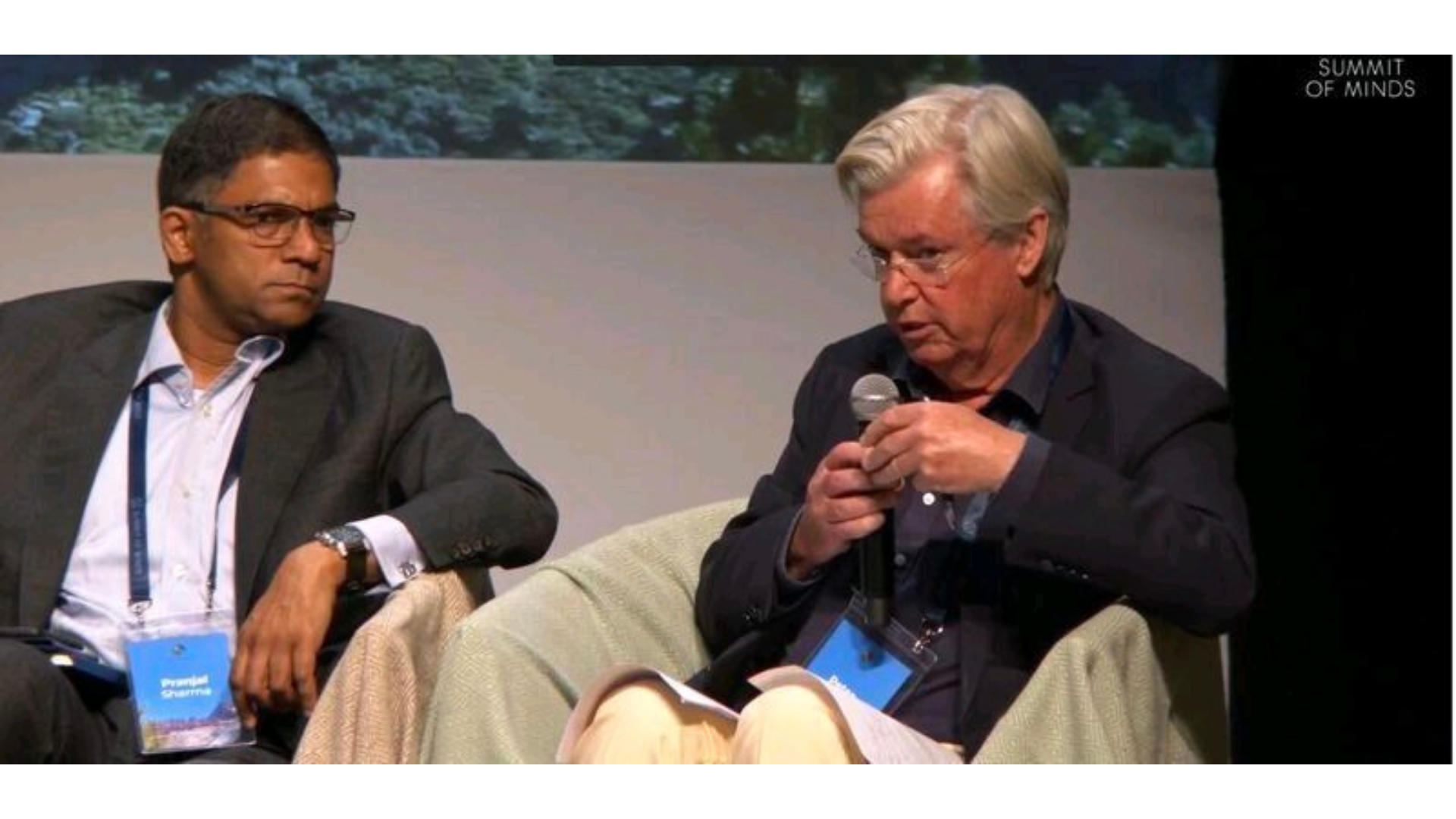
During the forum, Joël Ruet also notably exchanged with Lord Adair Turner, chairman of the Energy Transitions Commission, UK on how the COP26 could transform systems of negotiation for future COPS to come, instigating climate change action within the public finance sectors at regional, national and international levels.
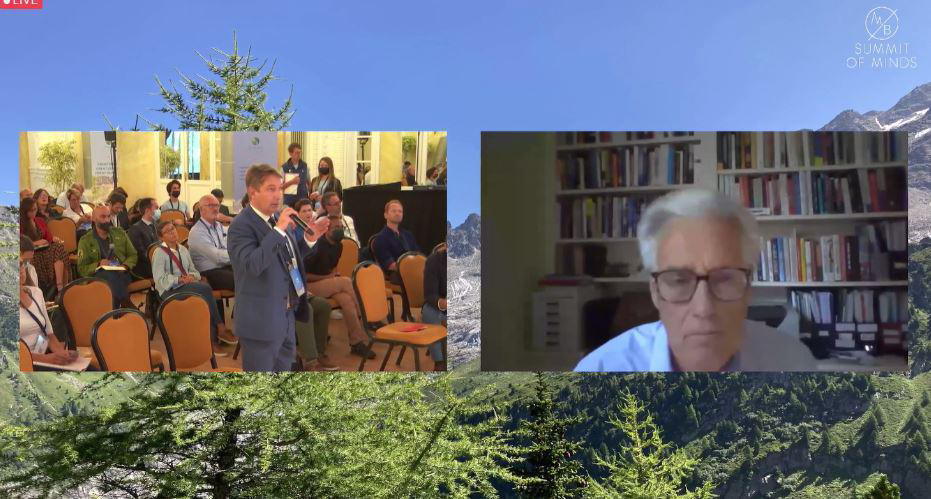
Watch the sessions on our youtube channel:


